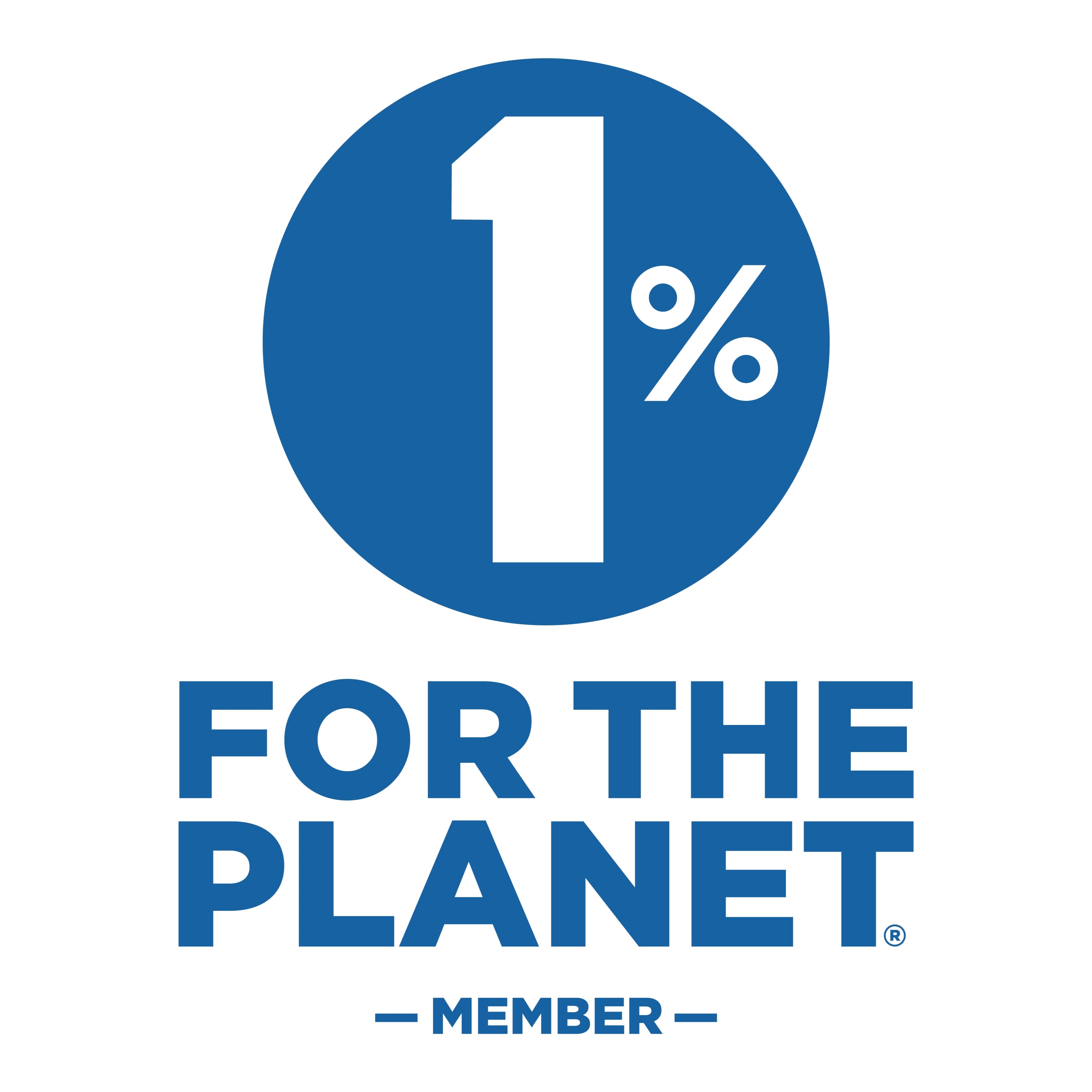The premise of the Ateliers Verts department store is to offer a one-stop-shop for everyone to buy beautiful eco-conscious products either for themselves or for their homes and in the process, we donate to good causes like 1% For The Planet.
On a regular basis we are asking ourselves, and researching, whether consumers really care enough about eco-credentials at the point of purchase to change their purchasing patterns.
My teenage kids have shopped unbeknownst to me at Shein, TikTok Shop, Brandy Melville and other stores, as well as re-wear stores Vinted, eBay and Depop.
It feels like Shein and TikTok in particular, deliberately target kids to make a quick buck - often the quality is lacking and returns and refunds can be tricky to achieve.
Where is eco-consciousness in their decisions? Do they really care that the re-wear stores are better for the environment or are they just getting what they want a cheaper price and have found a place to sell their unwanted items?
It's not just my teenage kids who feel like this. Research conducted by GlobeScan, The Road To 2025, Healthy & Sustainable Living Highlights 2024, across 31 markets around the world, interviewing 30,000 respondents between July-August 2024 show that Gen Z consumers globally are becoming "increasingly disengaged and disempowered when it comes to sustainable living".

Source: GlobeScan
Are schools stepping up and educating kids about being eco-conscious? It's hard to find decent research for those around 18 years old, which has been conducted within the last year or so. This period is relevant as many of them are mentally tainted by Covid lockdowns, extreme climate crisis news stories, images of wars & suffering, price inflation and the instantaneous reflex actions of social media. It's clear their attitudes have changed somewhat - to a more "what's the point we're all doomed anyway attitude".
However deep down kids do care - they care about the planet, nature, ecosystems and buying eco-consciously. In fact they often assume that the brands and retailers they buy from, only sell products which are 'clean'. In an ideal world, kids and adults should only ever be able to buy eco-conscious products.
Deloitte UK (carried out an online research survey via independent market research agency YouGov, with a nationally representative sample of more than 2,000 UK adults aged 18+, between 18th and 19th July 2024. The findings were:
"This year three key trends emerged:
- For many, adopting a more sustainable lifestyle is about being thriftier. Their research shows a rise in the proportion of people using the second-hand market and repair services in the past year.
- The data also highlights the ongoing challenges the UK is facing in meeting its sustainability objectives. Adoption of sustainable actions has plateaued - there is a growing number of consumers stating that engaging in sustainable actions is too expensive and increasing scepticism, with more people believing adopting a more sustainable lifestyle makes no difference.
- These findings are sending a clear message to government and industry of the need to drive systemic change to make sustainable actions more accessible and affordable.
What consumers do
Compared with 2023, on balance fewer consumers have been adopting a more sustainable lifestyle. However, a significant number of consumers continue with the top sustainable behaviours observed last year.
When asked about the actions they have taken in the past 12 months to pursue a more sustainable lifestyle, the majority of consumers reported recycling household waste (73%), reducing food waste (68%), limiting the use of single use plastics (61%) and reducing the number of new products they buy (58%). Similar proportions of consumers also claimed to have bought more locally produced goods (51%) and more seasonal produce (56%). Another 56% had fixed or repaired a product rather than replacing it.
Source: Deloitte
What consumers care about
There has been little change in the past year in the sustainable and ethical practices that consumers value most, though more emphasis is now being placed on reducing carbon emissions than in 2023. This year, consumers most valued sustainable or ethical practices are:
- Producing sustainable packaging and products
- Reducing waste in manufacturing processes
- Committing to ethical working practices
- Respect for human rights
- Reducing carbon footprint (from 6th position in 2023)
What consumers need
Affordability remains the number one barrier to the adoption of a more sustainable lifestyle, however, this year a higher proportion of consumers are also more sceptical that sustainable choices make a difference.
The main reasons for not adopting a more sustainable lifestyle remain unchanged this year and relate to cost (61%), a lack of interest in sustainability (61%), and not having enough information (50%). There is also growing scepticism and fatigue with a higher proportion of consumers, for the second consecutive year, either reporting that adopting a more sustainable lifestyle makes no difference, or that it is too difficult or time-consuming."

I guess the moral of this is:
1. Consumers should be educated in eco principles, demand eco products, buy less, buy well, be discerning and question the eco-footprint of everything, preferably with the circular economy in mind.
2. Manufacturers need to switch to eco materials made by fair-trade workers using a renewable energy source and co2 minimising transport.
3. Retailers should only be offering eco-conscious products to consumers and be prepared to raise prices if necessary, and reduce volume expectations.
In this way, we wouldn't have to ask if consumers are eco-conscious today, because they will have been given no choice but to go down that route.
Research Sources:
www.deloitte.com/uk/en.html
www.globescan.com
(Header Image: © Max van den Oetelaar on Unsplash)
#MinimiseOurHumanFootprint
©Ateliers Verts Ltd. 2025
Back to: Ateliers Verts® The Magazine






